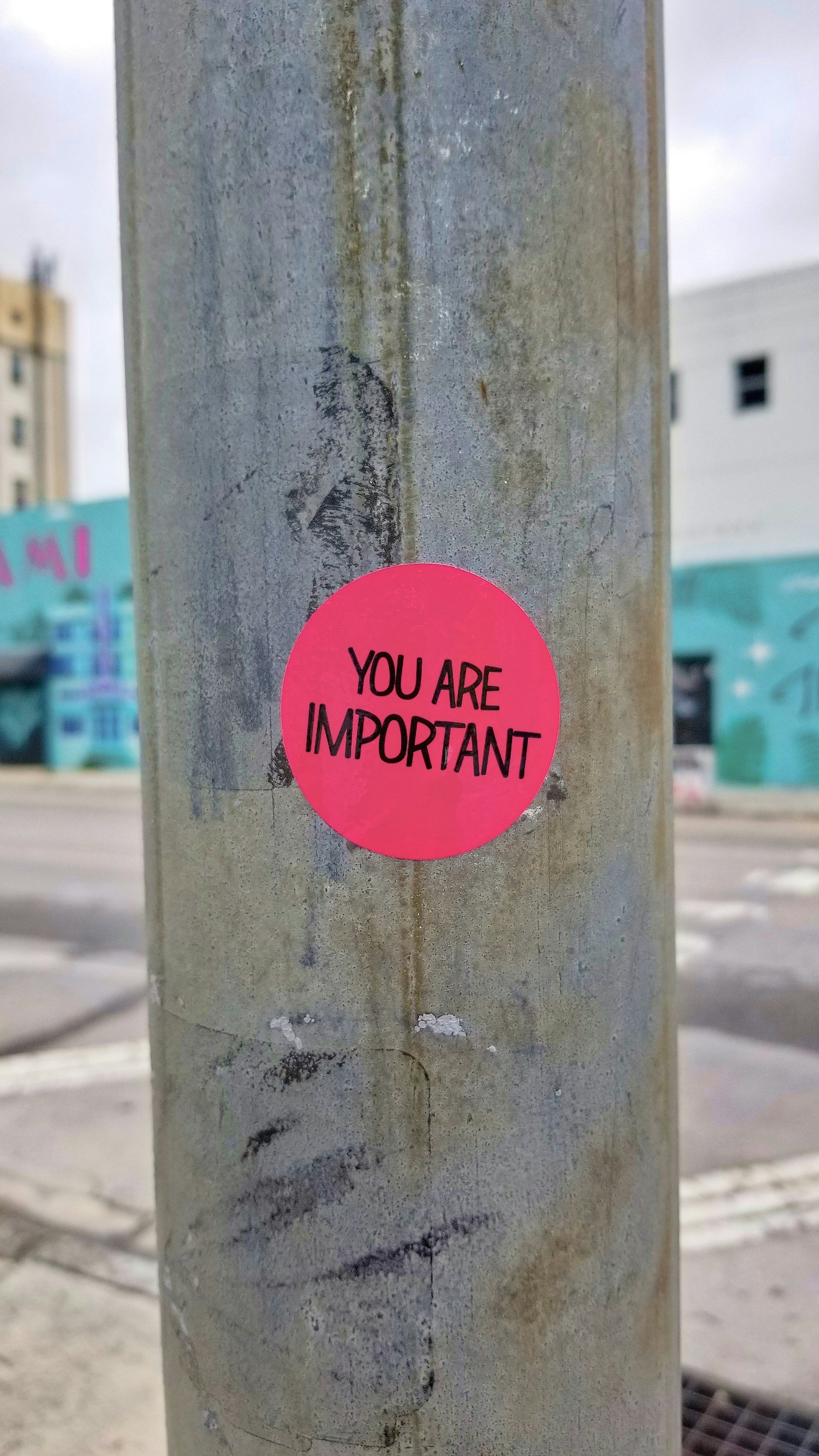NATIONAL SUICIDE PREVENTION LIFELINE: 800-273-8255. You are not alone.
Photo by George Pagan III on Unsplash
I am Having Thoughts of Suicide/I am in Crisis
Crisis services
National Suicide Prevention Hotline 800-273-8255: The Lifeline provides 24/7, free and confidential support for people in distress, prevention and crisis resources for you or your loved ones, and best practices for professionals. Find more information about the Lifeline at suicidepreventionlifeline.org.
Crisis Text Line - TALK to 741471: Every texter is connected with a Crisis Counselor, a real-life human being trained to bring texters from a hot moment to a cool calm through active listening and collaborative problem solving. Find more information about the Crisis Text Line at crisistextline.org Press the button below to text directly or text TALK to 741741 to text with a trained crisis counselor for free, 24/7.
Warning Signs and Symptoms
according to the National alliance on mental health
Here are a few other warning signs of suicide:
Increased alcohol and drug use
Aggressive behavior
Withdrawal from friends, family and community
Dramatic mood swings
Impulsive or reckless behavior
Suicidal behaviors are a psychiatric emergency. If you or a loved one starts to take any of these steps, seek immediate help from a health care provider or call 911:
Collecting and saving pills or buying a weapon
Giving away possessions
Tying up loose ends, like organizing personal papers or paying off debts
Saying goodbye to friends and family
If you are unsure, a licensed mental health professional can help assess.
Link Here
Risk Factors
according to the national alliance on mental health
Research has found that 46% of people who die by suicide had a known mental health condition. Several other things may put a person at risk of suicide, including:
A family history of suicide
Substance use. Drugs can create mental highs and lows that worsen suicidal thoughts.
Intoxication. More than 1 in 3 people who die from suicide are under the influence of alcohol at the time of death.
Access to firearms
A serious or chronic medical illness
Gender. Although more women than men attempt suicide, men are nearly 4x more likely to die by suicide.
A history of trauma or abuse
Prolonged stress
A recent tragedy or loss
Supporting During a Crisis
according to the national alliance on mental health
When a suicide-related crisis occurs, friends and family are often caught off-guard, unprepared and unsure of what to do. The behaviors of a person experiencing a crisis can be unpredictable, changing dramatically without warning.
There are a few ways to approach a suicide-crisis:
Talk openly and honestly. Don’t be afraid to ask questions like: “Do you have a plan for how you would kill yourself?”
Remove means such as guns, knives or stockpiled pills
Calmly ask simple and direct questions, like “Can I help you call your psychiatrist?”
If there are multiple people around, have one person speak at a time
Express support and concern
Don’t argue, threaten or raise your voice
Don’t debate whether suicide is right or wrong
If you’re nervous, try not to fidget or pace
Be patient
Like any other health emergency, it’s important to address a mental health crisis like suicide quickly and effectively. Unlike other health emergencies, mental health crises don’t have instructions or resources on how to help or what to expect (like the Heimlich Maneuver or CPR). That’s why NAMI created Navigating a Mental Health Crisis: A NAMI Resource Guide for Those Experiencing a Mental Health Emergency, so people experiencing mental health emergencies and their loved ones can have the answers and information they need when they need it.
If your friend or family member struggles with suicidal ideation day-to-day, let them know that they can talk with you about what they’re going through. Make sure that you adopt an open and compassionate mindset when they’re talking. Instead of “arguing” or trying to disprove any negative statements they make (“Your life isn’t that bad!”), try active listening techniques such as reflecting their feelings and summarizing their thoughts. This can help your loved one feel heard and validated.
Let them know that mental health professionals are trained to help people understand their feelings and improve mental wellness and resiliency. Psychotherapy, like cognitive behavioral therapy and dialectical behavior therapy, can help a person with thoughts of suicide recognize ineffective patterns of thinking and behavior, validate their feelings and learn coping skills. Suicidal thoughts are a symptom, just like any other — they can be treated, and they can improve over time.
#BeThe1To
national suicide prevention lifeline
#BeThe1To is the National Suicide Prevention Lifeline’s message for National Suicide Prevention Month and beyond, which helps spread the word about actions we can all take to prevent suicide. The Lifeline network and its partners are working to change the conversation from suicide to suicide prevention, to actions that can promote healing, help and give hope.
Link Here
Fact Sheets
NAMI Mental Health by the Numbers
CDC Data & Statistics Fatal Injury Report
Take Action
Advocate for Suicide Prevention
Other Resources
Promote National Suicide Prevention Month
